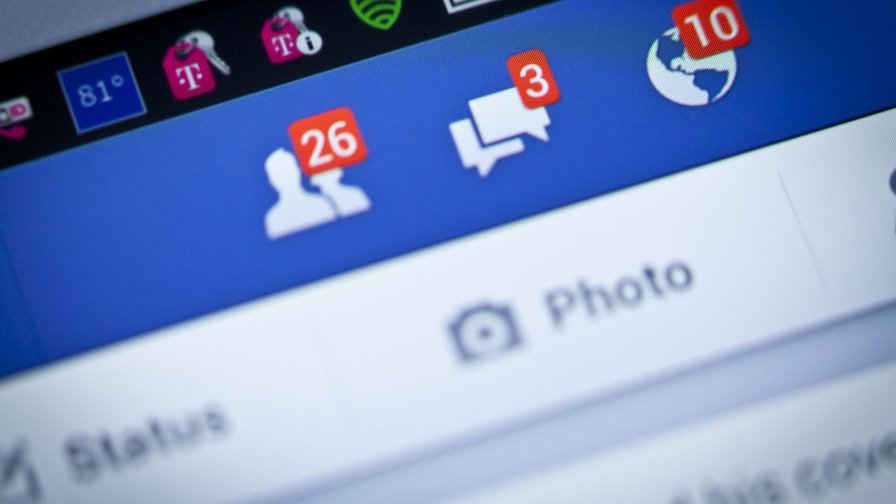Fake news aside, Facebook can help puncture our political “bubbles” - Vox

my notes ( ? )
homophily is weaker among our more distant connections... Facebook ... good at facilitating connections with our second- and third-tier friends... increase the odds ... that we share our views with them... our instinct to avoid conflict keep us from bringing up politics at the dinner table ... those rules of decorum get tossed out online...
News aggregators and search sites had the best bubble-bursting record... Social media trailed ... still, people who relied on social media for news got more diverse and challenging information than did the people who navigated directly to their favorite news sites... users whose online friend circles included at least 20 percent who disagreed with them became more centrist over time
Not all dialogue is productive ... Without a foundation of respect... discussion with a political opponent may make us dig our heels in... the true issue with social media ... it exposes us to the worst in political dialogue...
we should be careful not to accidentally dismantle the bridge social media offers... the primary risk of “fake story” fixes ... they will be perceived as biased ... making users on the extremes flee the network ... effectively sealing themselves off from opposing viewpoints
Read the Full Post
The above notes were curated from the full post www.vox.com/the-big-idea/2016/12/28/14095452/fake-news-political-bubbles-democracy-facebook.Related reading
More Stuff I Like
More Stuff tagged facebook , filter bubble
See also: Online Strategy , Social Media Strategy , Social Web